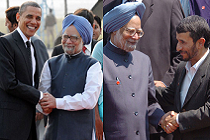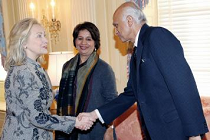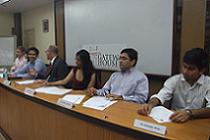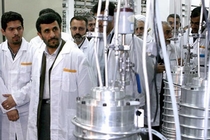India-U.S.-Iran: A tightrope walk
Although political discourse around Iranian sanctions is binary and stark in Washington, the reality of India's actions within its bilateral framework with Iran is complex. India is engaged in an excruciating tightrope walk, and has to defend its choices and compulsions with ardour.








